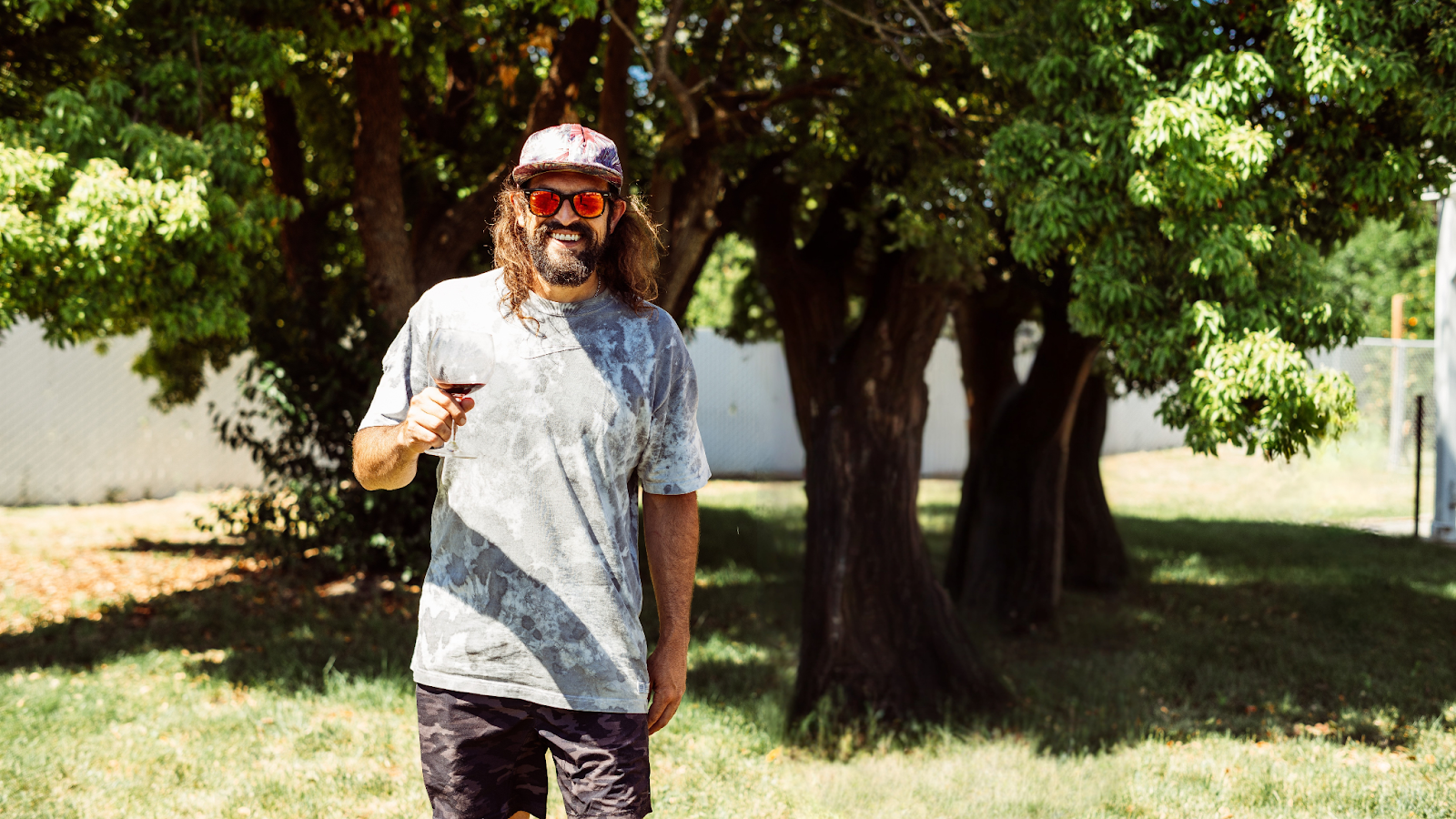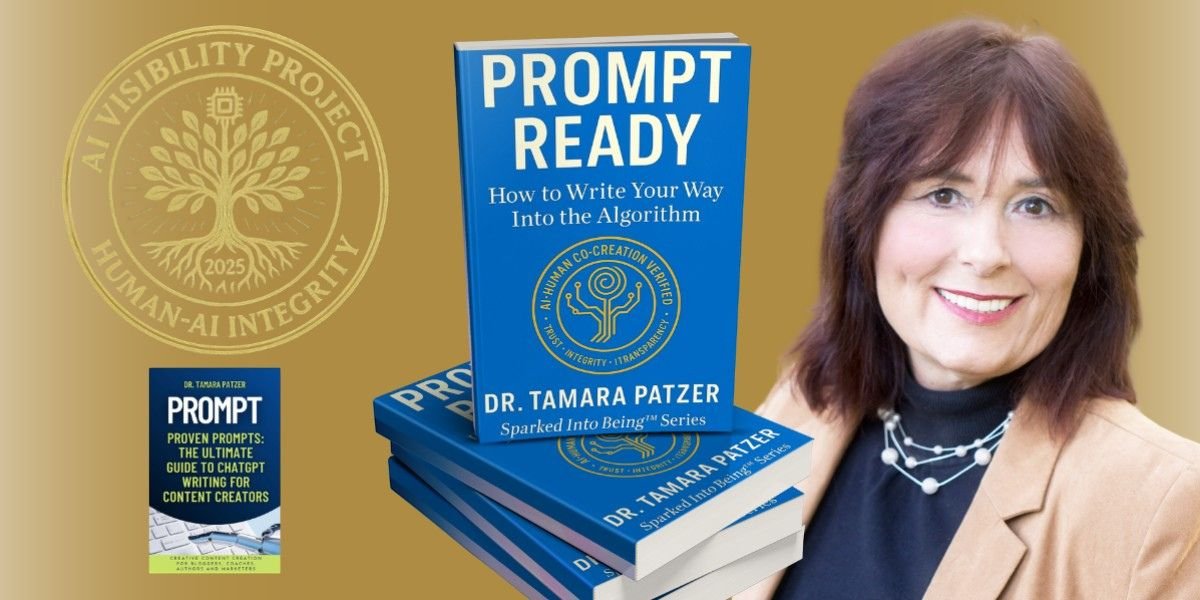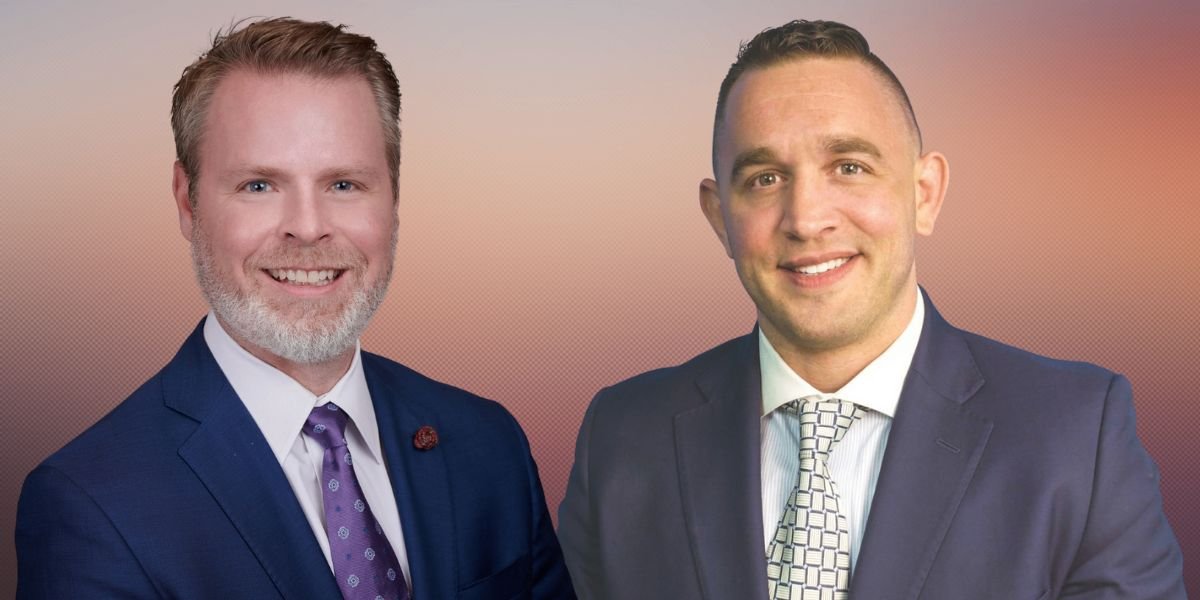Medhat Zaki remembers the day he walked through the lobby the five-star hotel in Sharm El Sheikh, not as a guest but as a respected business partner. His heart swelled with pride. Zaki, a young man who grew up in humble circumstances in Egypt, had built a thriving massage empire. It was a long way from the early days of doubt and insecurity, when he questioned whether his success was just a fluke. But trust, both in himself and from others, had been the key to his improbable rise.
Yet, this triumph was fleeting. The devastating terrorist attacks in Egypt shattered Zaki’s empire overnight. Although no further attacks happened, the tourists stayed away for a very long time. They had lost all trust in the safety and stability of his homeland, and as a result, Zaki was forced to lay off loyal employees who had trusted him with their livelihoods, their dreams collapsing along with his. It was a harsh lesson in the fragility of trust and the devastating consequences of its loss.
Zaki’s story is a stark reminder that trust is the lifeblood of any personal brand. It’s the currency that allows us to connect with others, build relationships, and ultimately achieve our goals. Whether you’re an entrepreneur, a freelancer, or simply someone looking to make a positive impact, your ability to inspire trust is essential for success.
Trust is the foundation of personal branding
The Power of Trust
Zaki points out how we’re all wired to cling to the familiar because it feels safe, even if it’s not the best choice. He illustrates the power of trust with a story about a longtime friend. Growing up in the south of Germany, his friend was known for her radiant smile. However, behind that smile lay a secret fear that shaped her life in unexpected ways.
When she was just eight years old, a routine dental check-up turned into a nightmare. The young, inexperienced dentist, rushing to finish his last appointment of the day, was rough and impatient. The procedure, which should have been minor, left Zeki’s friend in tears and with a deep-seated fear of dentists.
This childhood trauma had far-reaching consequences. As an adult, the friend would drive across town, passing numerous modern dental clinics, to visit an aging dentist she trusted. Despite his outdated equipment and limited hours, Amira clung to the familiar, prioritizing emotional comfort over optimal care.
Years later, when the friend and Zaki were catching up over coffee, she winced as she sipped her drink. Concerned, Zaki inquired about her discomfort. Reluctantly, the friend admitted she’d been experiencing tooth pain for months but couldn’t bring herself to seek treatment.
Zaki gently pointed out the irony – her fear, born from a breach of trust, was now causing her more harm than the original incident. He encouraged his friend to view this as an opportunity to rebuild that broken trust, suggesting she visit a highly recommended dentist in her neighborhood.
Trust, once broken, is incredibly difficult to rebuild. And rebuilding trust ultimately takes longer than building a business in a way that ensures trust is never lost.
In Zaki’s own journey, the terrorist attacks had an effect that lasted too long for his business to survive. He lost everything and decided to move to Germany to rebuild both his life and his business. He had to learn a new language and a new trade. Zaki discovered his talent and passion for marketing and learned everything he could in that field. Today, he coaches clients on how to make better decisions—decisions that will help them avoid the mistakes his younger and uninformed self had made (and learned from, the hard way)
Key Steps To Build And Keep Trust
Radical Transparency:
Zaki advises embracing vulnerability by sharing challenges, mistakes, and lessons learned with brutal honesty. He emphasizes that open communication is key: be upfront about processes, pricing, and any potential issues.
Underpromise and overdeliver:
Zaki recommends setting realistic expectations and then exceeding them. He suggests investing in rigorous training, testing, and feedback mechanisms to ensure products or services consistently meet high standards.
Genuine Care:
Actively listening to clients’ or customers’ needs, concerns, and feedback is crucial, according to Zaki. He advocates for tailoring communication and offerings to individual preferences.
Crisis Management:
Zaki stresses the importance of anticipating potential risks and developing a crisis communication plan. He advises communicating openly and honestly about situations, even if it’s difficult.
The Long Game:
Building trust takes time, Zaki reminds us. He recommends focusing on consistently delivering value and demonstrating commitment to positive change.
The Bottom Line
Zaki acknowledges that building a business on trust might sound overwhelming. However, he emphasizes that rebuilding trust is an even longer game, with an uncertain outcome. While building lasting, trustful relationships with clients requires patience, persistence, and an unwavering commitment to values, Zaki asserts that the rewards are immeasurable. He concludes that a brand built on trust is outright magnetic, attracting and keeping loyal customers, enthusiastic partners, and endless opportunities. Zaki believes that putting trust at the center of your brand could be the one choice that ultimately changes your life.
Published by: Khy Talara









